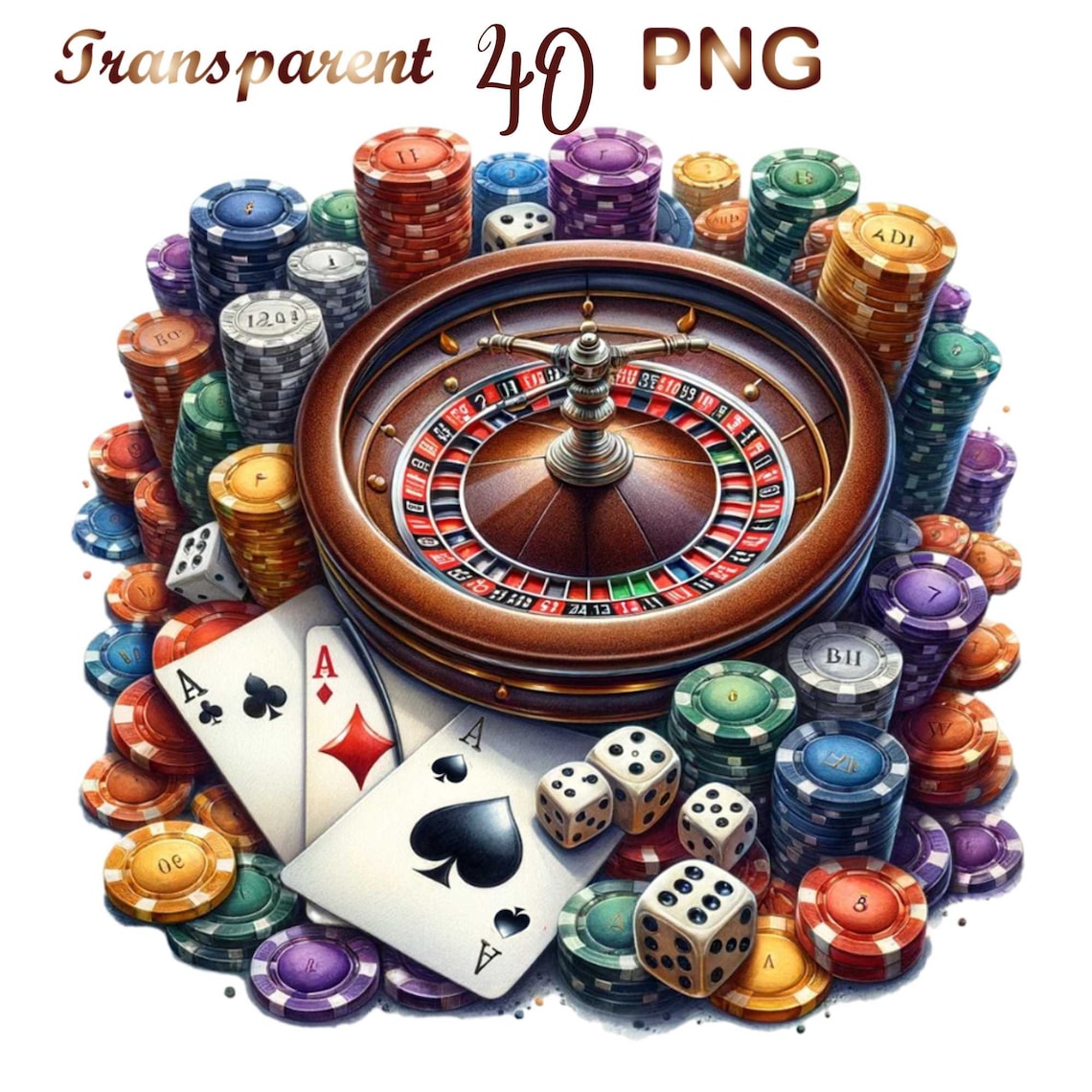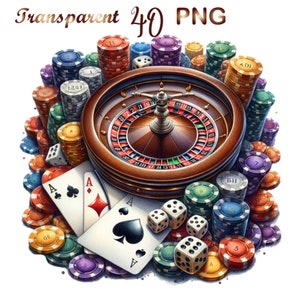Banyak Dikunjungi 31.555 Orang Mengunjungi Dalam 24 Jam Terakhir
Price:Rp 10.000
Original Price: Rp 10,000
50% off
Limited time sale

WDBOS : Situs Link Slot Gacor Server Luar Deposit Pulsa Bet 200 Gampang Maxwin
WDBOS menghadirkan link Slot Gacor dari server luar. Top up via pulsa gampang, pasang bet 200, peluang menang besar. Platform aman, akses cepat, dengan bonus menarik. Rasakan sensasi bermain slot online seru dan raih kemenangan maksimal sekarang
Star Seller
Star Sellers have an outstanding track record for providing a great customer experience—they consistently earned 5-star reviews, shipped orders on time, and replied quickly to any messages they received.
You can only make an offer when buying a single item
Star Seller. Penjual ini secara konsisten mendapatkan ulasan bintang 5, mengirim tepat waktu, dan membalas dengan cepat setiap pesan yang mereka terima.
Highlights
Instant Dan Hanya butuh waktu paling lama 10 menit setelah memesan
WDBOS Proteksi Pembelian
Berbelanja dengan percaya diri di WDBOS dan mengetahui jika terjadi kesalahan pada pesanan Anda, kami siap membantu Anda untuk semua pembelian yang memenuhi syarat —
see program terms
Saya sudah beberapa kali coba main di WDBOS dan sejauh ini pengalamannya cukup nyaman. Akses situsnya cepat dan jarang error. Yang paling terasa itu pilihan slot 777 gacor-nya banyak, jadi tidak cuma fokus di satu game saja. Dengan bet 200, saya bisa main santai tanpa tekanan.
Awalnya saya ragu karena baru pertama kali main slot online, tapi setelah coba WDBOS ternyata tidak ribet. Menu mudah dipahami dan proses mainnya lancar. Saya belum sering dapat maxwin, tapi putarannya terasa stabil dan tidak langsung habis seperti di beberapa situs lain.
Saya lebih sering main lewat HP dan WDBOS cukup enak diakses dari mobile. Tidak berat dan tampilannya tetap rapi. Beberapa kali main slot gacor hari ini di malam hari, hasilnya lumayan walaupun tidak selalu menang besar. Yang penting mainnya nyaman.
Dari beberapa situs yang pernah saya coba, WDBOS termasuk yang konsisten. Sistemnya terasa fair dan tidak aneh-aneh. Slot gacor maxwin memang tidak datang setiap waktu, tapi peluang menangnya masih masuk akal kalau main sabar dan atur modal.

This seller usually responds within a few hours.
Speedy replies Has a history of replying to messages quickly.
Rave reviews Average review rating is 4.8 or higher.
| Jenis Game | Slot, Togel dan Poker |
| Minimal Deposit | Rp 10.000 |
| Minimal Withdraw | Rp 50.000 |
| Transaksi Pembayaran | QRIS/DANA/OVO/GoPay/ShopeePay/Pulsa |
| Perkiraan Waktu Proses | 10-60 Detik |
| Rating | - 55.1K ulasan |



















